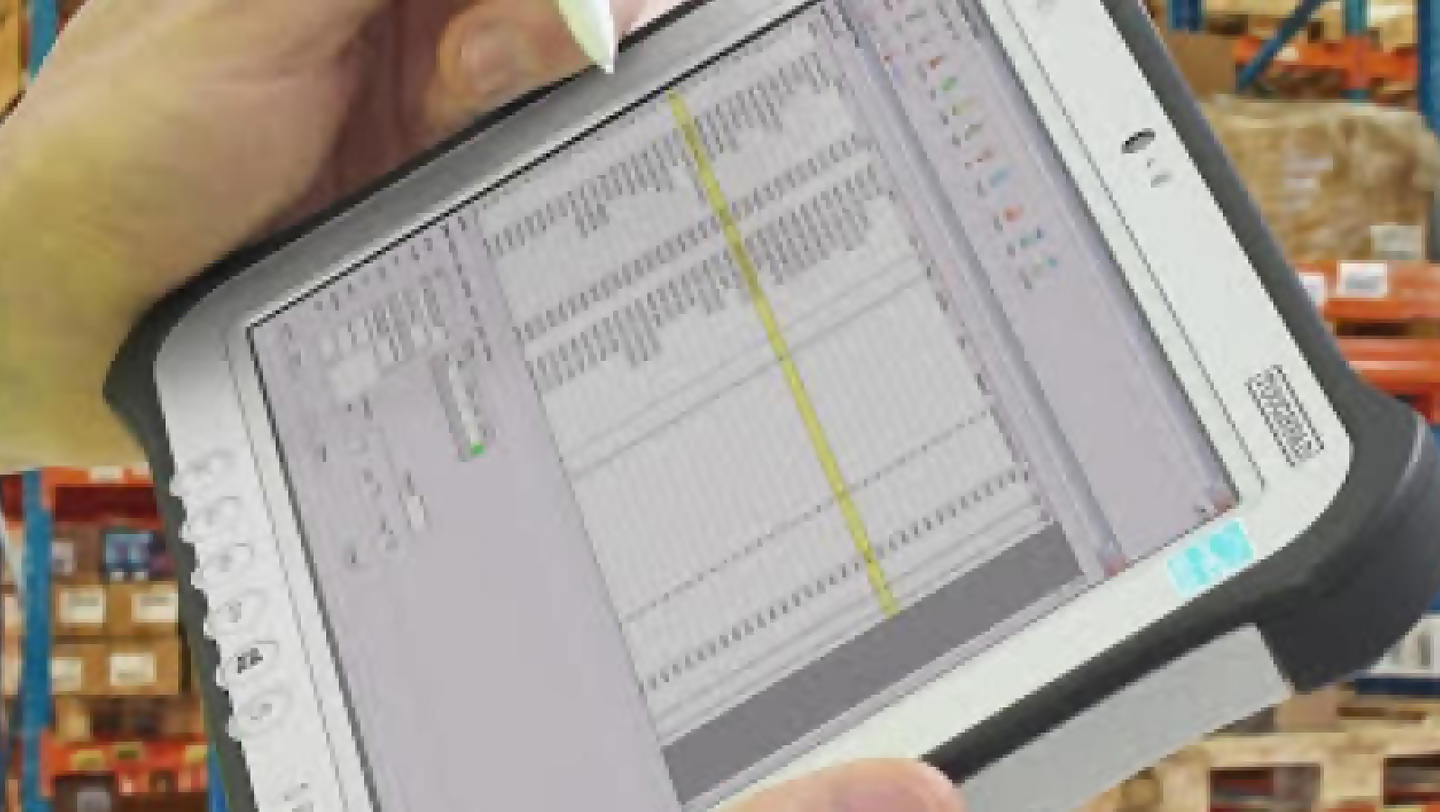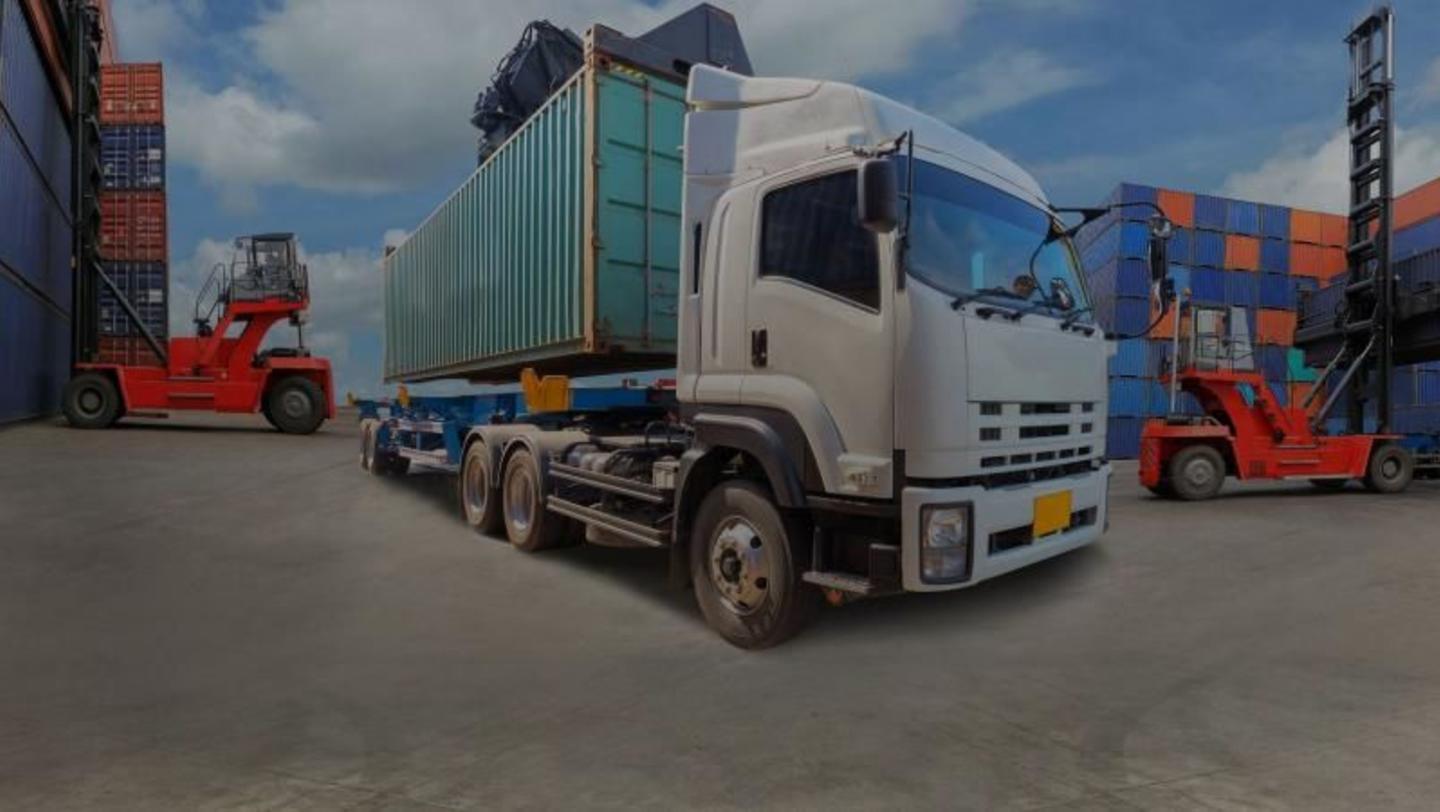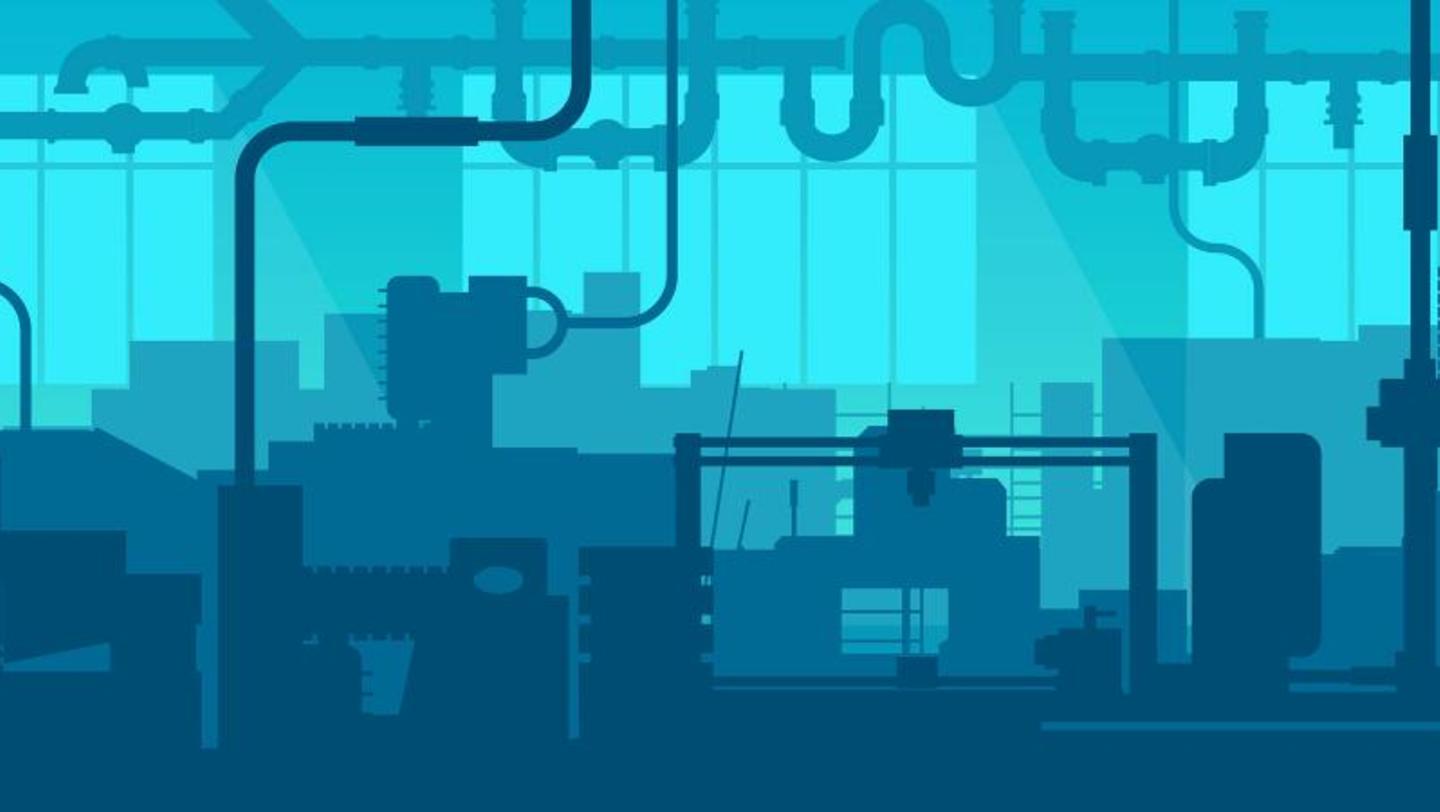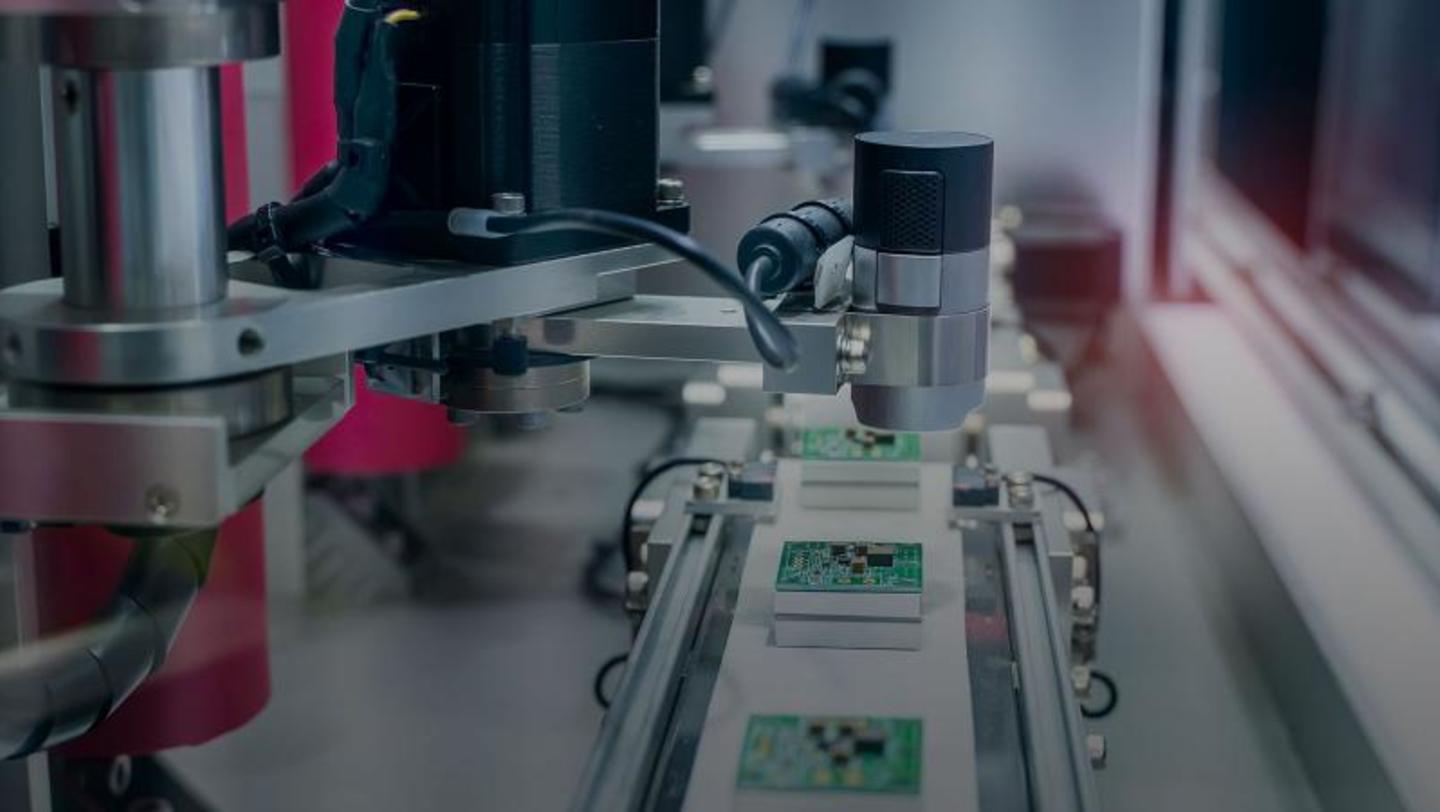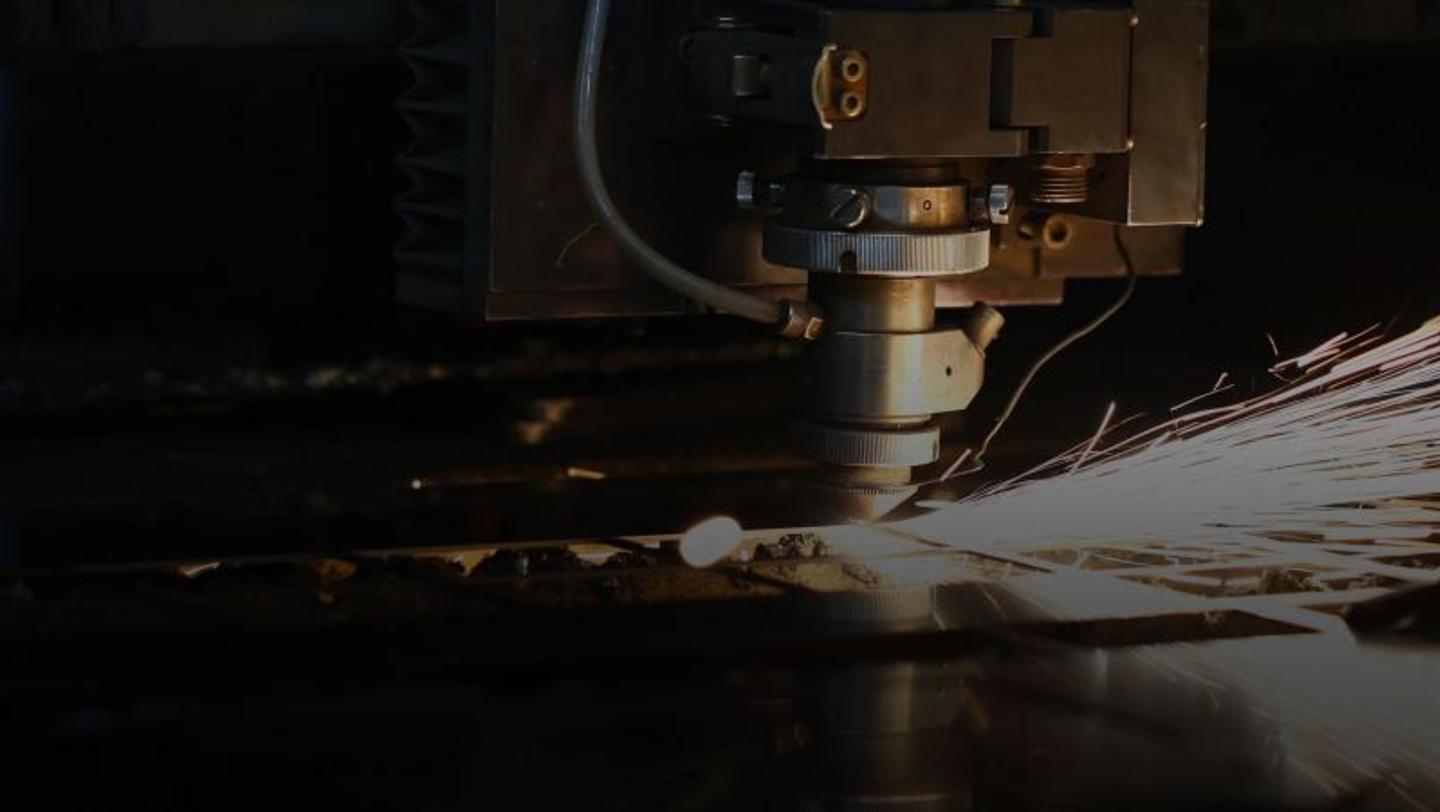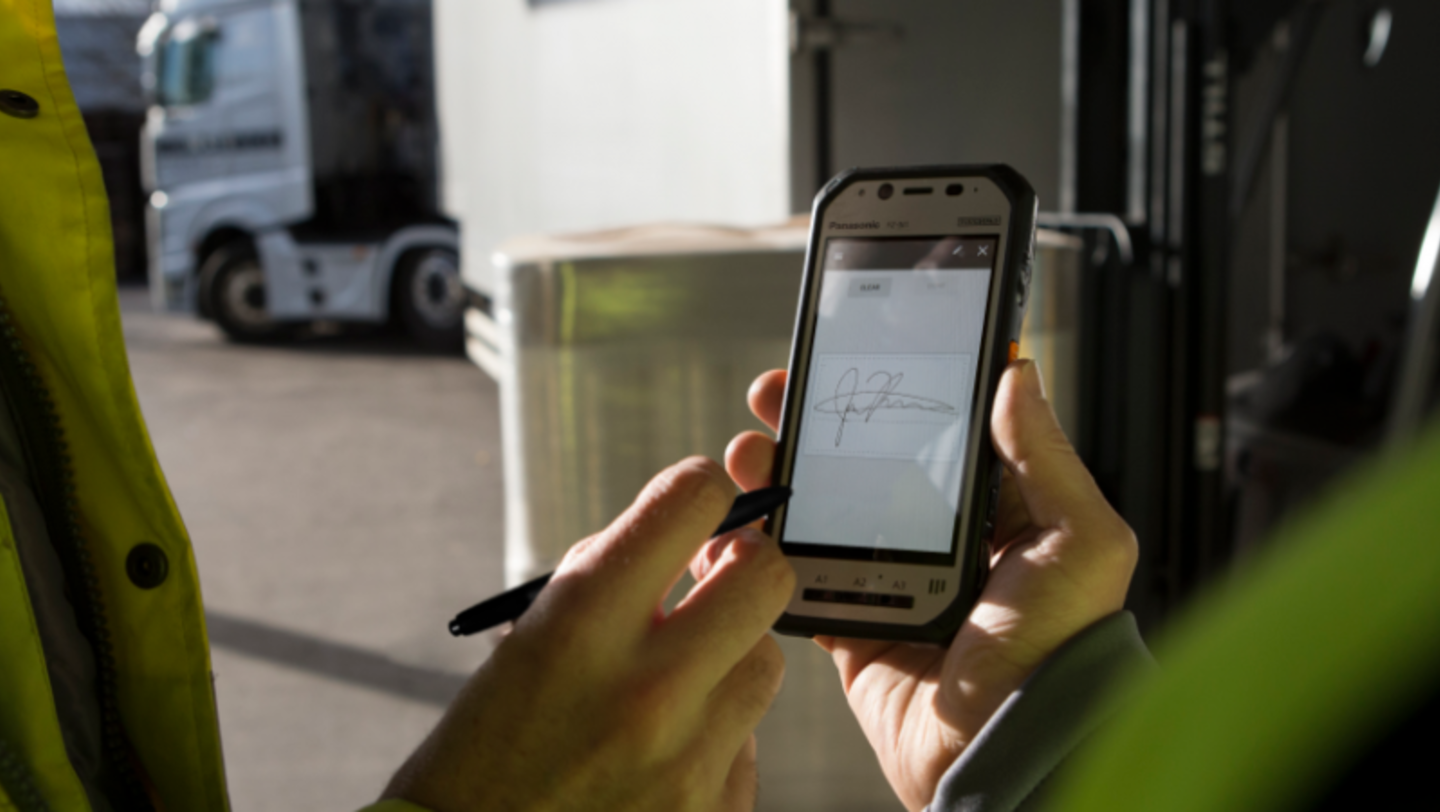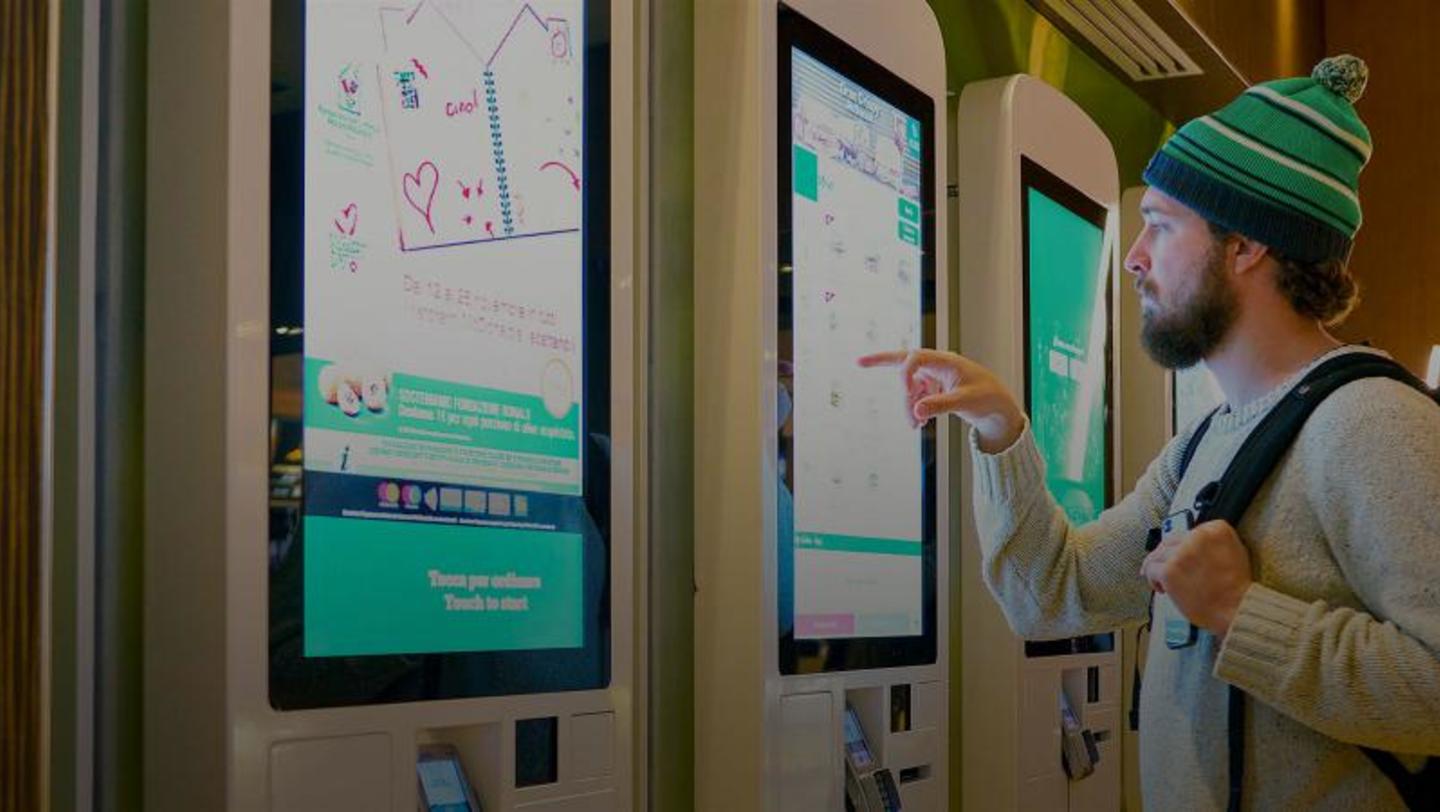How key disruptive technologies help manufacturers achieve an integrated supply chain
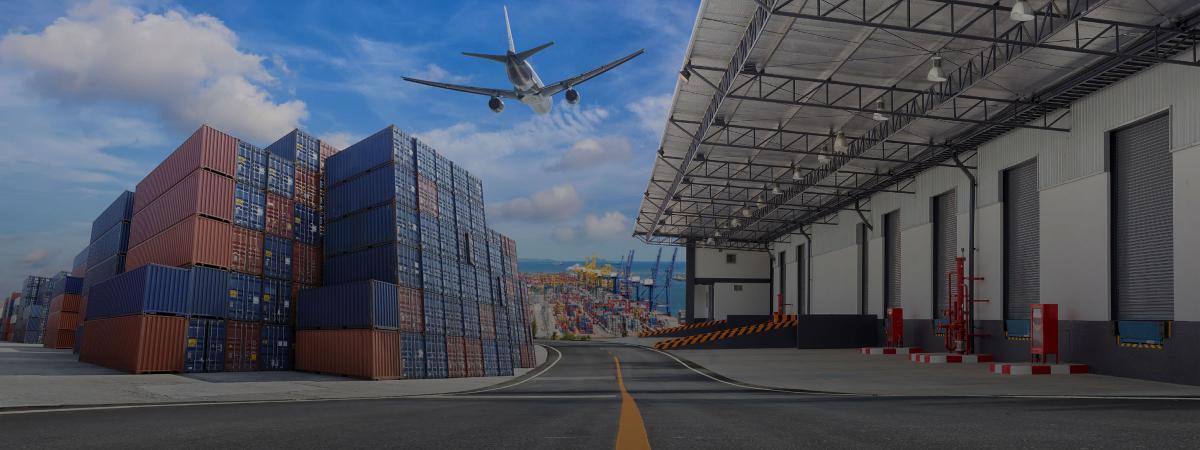
How key disruptive technologies help manufacturers achieve an integrated supply chain
6 minutesFrom semiconductors and biomedical equipment to automotive and packaging, manufacturers across industries are grappling with significant supply chain challenges. A lack of skilled workers, shortages of raw materials or key components, poor visibility into order life cycles, and unreliable or overstressed infrastructure are among the top issues affecting manufacturers. Consequently, industry leaders are recognizing the need for solutions that can drive efficiency within the supply chain and help them to make smart decisions on everything from resource planning to logistics.
It should come as no surprise, then, that funding is flowing for startups centered on tech to improve end-to-end transparency and other supply chain problems. In fact, research from CB Insights reveals that supply chain and logistics startups have already raised $12.47 billion in 2019, putting them on track to surpass 2018 totals. Among the areas drawing significant investment are robotics, artificial intelligence (AI) and data science technologies.
But how exactly are manufacturers leveraging these technologies to address supply chain issues? To help answer this question, Panasonic Corporation of North America commissioned a study examining how disruptive technologies are impacting and transforming entire industries. The report looks closely at key technologies being adopted by senior decision-makers in manufacturing and explores how those technologies are being applied to increase efficiency and drive growth.
Where manufacturers are investing
Across all industries, one finding stood out: companies are acting with a sense of urgency with regards to disruptive technology adoption. Mobile devices, apps and cloud computing are the most commonly adopted technologies with the vast majority of companies surveyed already relying on them. The Internet of Things (IoT) and renewable energy also finished high on the list.
But manufacturing has its own set of industry-specific priorities:
- Manufacturing companies are particularly interested in robotics – and perhaps more importantly, the powerful, robust software required to maximize their capabilities.
- Leaders in supply chain management are also investing in advanced materials and 3D printing, which have the potential to impact both product and process. 3D printing has already given manufacturers the ability to quickly produce highly accurate prototypes for a fraction of the cost associated with traditional methods.
- AI, machine learning and IoT are experiencing rapid integration within the supply chain software space. AI is being used to predict machine failures, recommend maintenance schedules and enhance quality control.
- Two in five logistics companies intend to adopt autonomous vehicles in the near future – by far the most of any industry surveyed.
Technologies work to personalize the B2B customer experience
In the supply chain, one of the most significant trends being driven by disruptive technologies is greater personalization. Nine in 10 integrated supply chain companies studied believe that personalizing the way they engage with customers is important to their future success. Many already have efforts under way, with three in four saying they will have fully personalized their interactions with customers within five years.
But what exactly does “personalize” mean to these companies? As it turns out, different things. By about a 2-to-1 margin, companies view personalization as simplifying engagement with customers rather than customizing services and offerings for them. Further, manufacturers are finally coming around to the realization that their B2B customers are ordinary humans who buy things on Amazon and eBay – and are accustomed to a consumer digital experience.
In response to customer demands for experiences similar to what they enjoy as consumers, logistics and manufacturing industries are creating simpler interactions with their B2B customers through mobile apps and digital marketing platforms that mirror consumer experiences while better supporting multi-channel sales strategies.
Automation software: the key to achieving simplification
To achieve the level of personalized engagement they want, integrated supply chain decision makers understand that they need to simplify operations and better integrate data across channels and touchpoints. Not surprisingly, companies say automation software that simplifies processes is the area where they’d benefit most from innovation.
These companies see automation as key to tackling many day-to-day frustrations including:
- Manual data entry that is prone to human error and backlog
- Lack of streamlined communication between owners of various parts of the order life cycle
- Goods delivered late or to the wrong place
- Management information systems not in sync
Looking toward the horizon
In addition to automation software, companies are eyeing many other areas where disruptive technologies would benefit them, including integration of IoT sensors into supply chain systems (66%) and integration of more robotics into operations (61%).
Artificial intelligence will remain an area of strong interest across the entire supply chain. Nearly three in five think their company would benefit from machine learning that predicts patterns and behaviors. And 45% expect it to play an indispensable or important role for their company or industry by the year 2025.
Given this incredible investment in technology and the advances it brings, some posit that technology may replace people in supply chain management. “It’s not hard to imagine a future in which automated processes, data governance, advanced analytics, sensors, robotics, artificial intelligence, and a continual learning loop will minimize the need for humans. But when planning, purchasing, manufacturing, order fulfillment, and logistics are largely automated, what’s left for supply chain professionals?” asks a recent article in Harvard Business Review.
What’s clear is that the engineers and managers who are able to update their skills and processes are the ones who will lead in tomorrow’s manufacturing centers.
